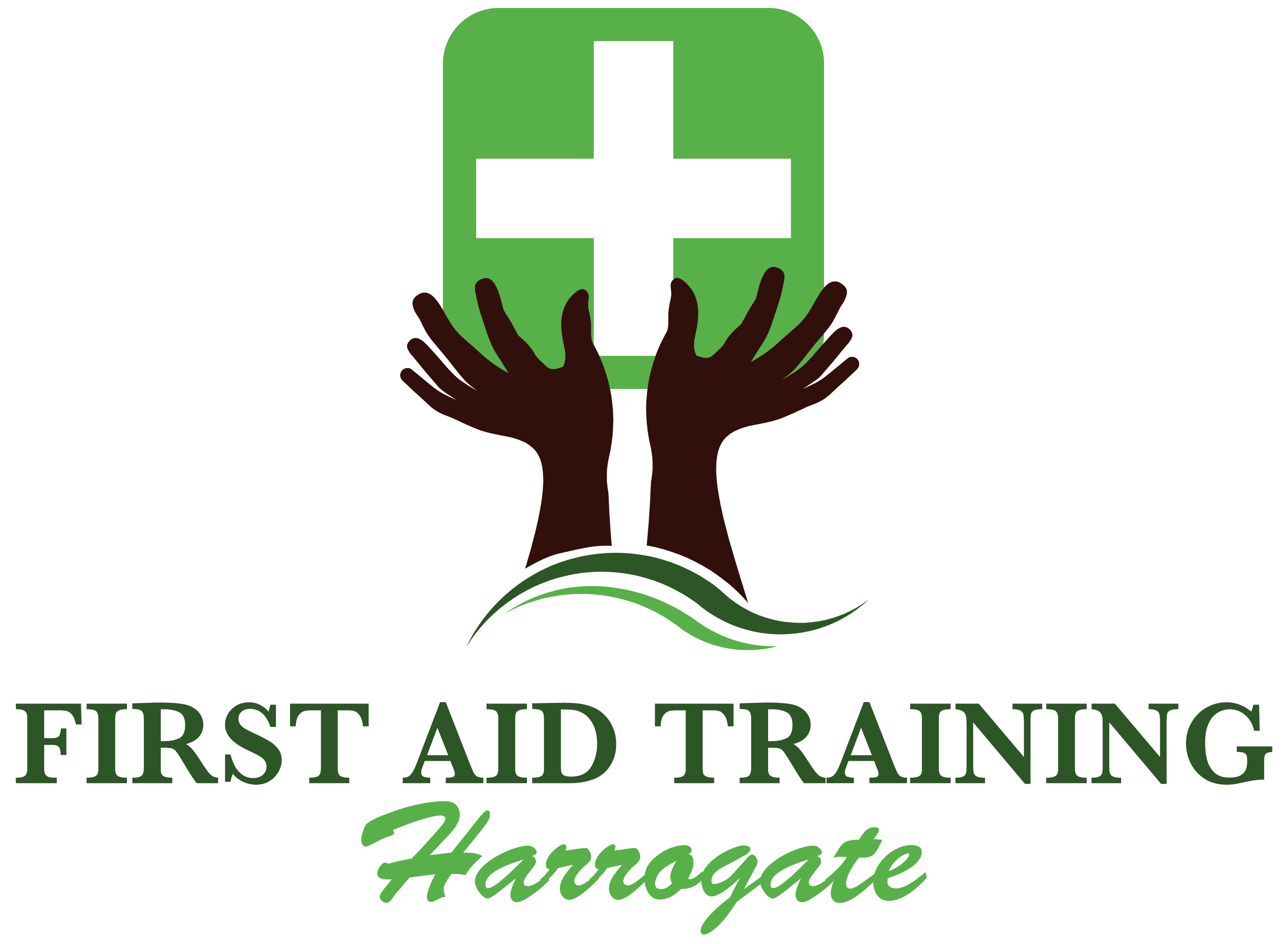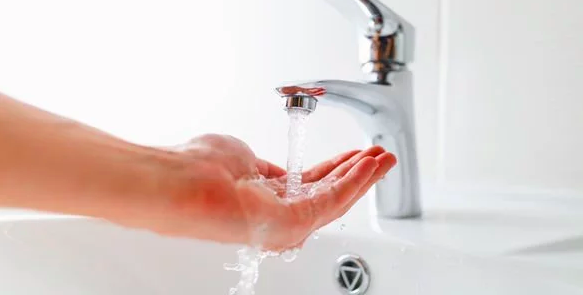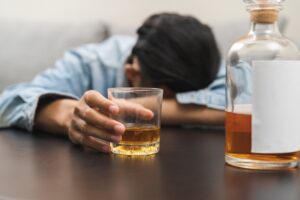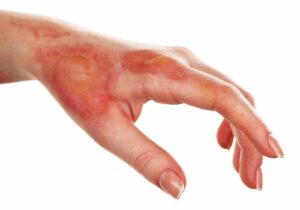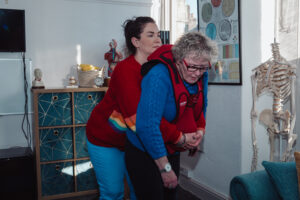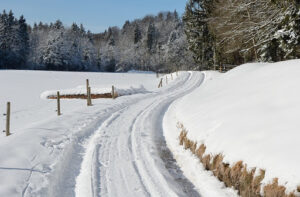The Christmas season is full of fun, food and festivities. It’s a time when we adorn our houses with candles and lights, and bake cookies, turkeys and mince pies.
All of these things are delightful; however, they do come with a few risks. And, unfortunately, some of the most common accidents around Christmas involve burns and scalds. A burn is caused by contact with dry heat – this could be an iron or an oven, for example. A scald is caused by something wet, such as boiling water or steam.
Burns can vary in their severity, and can cause the following painful symptoms:
- red or peeling skin
- blistering
- swelling
- charred skin
One of the strange things about burns is that they aren’t always painful straight away. Even a really bad burn might not even be felt much at all in the beginning. However, it’s always essential to ACT FAST when treating a burn of any kind.
Treating a minor burn immediately can help to limit the long-term damage. So, it’s important to know the steps to take.
First Aid for Minor Burns
1. Assess the situation and how the person has been burnt. If safe to do so, immediately move them away from the heat source to stop the burning.
2. The burn should be cooled down with cool running water for at least 15-20 minutes to stop the burn travelling to further layers of skin. DO NOT use ice, iced water or butter.
3. Try to remove any pieces of clothing or jewellery that are near to the burnt area of skin. However, don’t attempt to remove anything that is stuck to the skin as a result of the burn. This may cause even more damage.
4. Keep the person warm. Wrap them in a blanket, warm jumper or a towel. But again, avoid any contact with the burnt area.
5. Once cooled down for 20 minutes, cover the burn by placing a layer of cling film over it. If you don’t have cling film to hand, then a clean plastic bag could also be used for burns on the hand or foot. This will help protect the burn from infection.
6. If the person is in pain, then you can offer them painkillers such as paracetamol or ibuprofen to treat the pain. Sitting upright will also help to reduce the swelling of the burnt area – especially if it’s around the face or eyes.
When to get medical attention
Often it is possible to treat minor burns at home as long as the area is kept clean and that no blisters are burst to avoid infection.
More serious burns require immediate medical attention. If in doubt, always seek medical assistance.
You should go to a hospital A&E department if the person has:
- A chemical or electrical burn
- A large (bigger than your hand) or deep burn
- A burn that causes white or charred skin – any size
- A burn on the face, hands, arms, feet, legs or genitals that cause blisters
For serious burns and scalds call 999 and await advice from the emergency services.
All children under the age of five years old, elderly people and pregnant women should all get medical attention after a burn or scald as they are more at risk than others.
Once in A&E, the size and depth of the burn will be assessed, and the affected area cleaned before a dressing is applied. In severe cases, skin graft surgery may be needed.
